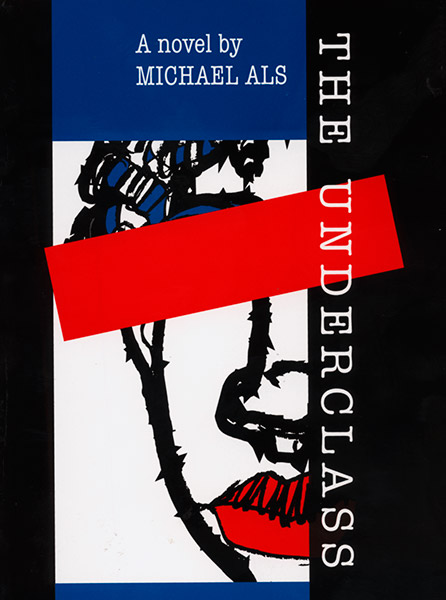“Savvy and cosmopolitan,” Mary Hanna’s review of What You Can’t Tell Him Stories.
Review by Mary Hanna (Jamaica), from Caribbean Writing Today (CWT)
Savvy and cosmopolitan, Sharon Leach’s debut collection of stories chronicles the desperate measures that young women of Jamaican lineage employ for survival in the jungles of urban centers like Kingston, New York and Paris. These women plunge themselves into various aspects of the sex trade, whether fully or partially, professionally or otherwise. All but two of Leach’s fifteen stories depict struggling women who make decisions that involve them in erotic relationships with passing men in an effort to improve their difficult lives, but none achieve happiness. The stories are rich in detail and highly realistic. The reader is left to wonder where these young women are to turn next for solace or a roof over their head. The book is a rough read, not because of its style, which is accomplished and full of verve, but because of its content, and because there is a sameness to the options that each protagonist faces.
For this reason, I am drawn to Leach’s stories of off-beat relationships, like the lesbian couple in ‘The Crush’, the older white woman who is ostracized on the tiny Caribbean island for her affair with a fifteen-year-old island boy in ‘A Season in San Bonita’, and Leach’s Manhattan story of drug and sexual obsession, ‘Addiction’. Leach has a keen eye and her descriptions of people and places are flawless. She draws a fine line in her verbal pictures and does not miss a beat in the pacing of her tales, for all that they are sometimes overly detailed and can seem long. For the woes that they capture on the page, they are exactly the right length.
Leach’s protagonists go to hell in grand style. They are women who have no illusions: they speak, in the ‘I’ mode for the most part, of their efforts to understand their men and their moment – the choices that leave them bereft of whatever small dignity they possessed at the beginning of the story. ‘Confessions of a Whore’ is a refreshing example of Leach’s ability to get deep inside a specific choice and work through its options, informing the reader of contemporary actions that may surprise and sadden the older reader.
Some of Leach’s stories have appeared in Blue Latitudes, Kunapipi, the Jamaica Journal, Iron Balloons: Fiction from Jamaica’s Calabash Writer’s Workshop, and The Jamaica Observer’s Literary Arts supplement.
Leach is a Jamaican who lives in Kingston and works as a columnist and freelance feature writer for the Jamaica Observer. She is currently editor of the paper’s weekly literary arts supplement. Her debut collection of stories is welcome, and provides ample demonstration of Leach’s skill with narrative and humour, and her fearlessness in tackling issues that relate to sexuality and survival. She is deeply contemporary.
Stories like ‘The Divorce’, ‘Superwoman and the Lizard’, and ‘Me and Jack’ stir emotions in the reader that are derived from Leach’s ability to chronicle closely and carefully the life cycle of relationships that are outside society’s norm. ‘Torture’ is reminiscent of the film ‘Crash’: the protagonist is raped in a car-jacking and must work her way back to trust in her husband’s ability to protect and love her.
It is a moving narrative with realistic moments of despair and horror. Leach has done her research, and we are given a cathartic story for couples who have experienced this particular ‘torture’. Leach is to be congratulated on tackling many such delicate issues. Her collection is a meaty compilation of sad and torturous affairs that are treated with respect and realism.
In ‘How to Leave’ and ‘Phobia’, Leach delineates the thoughts of women who are caught in relationships with men they find repulsive. She works out the logistics of staying and leaving with care and precision. Leach’s protagonists leave little to the imagination, spelling out the passions and poisons of their lives. It may be that there are too many stories in the first person, and also too many where young women turn to men to solve their sorry lives; but that is the way it is in Jamaica today. One’s quarrel is with the author’s world, not the author.
Leach writes with panache and a lively sense of humour. She has a fine grasp of gender differences, especially when it comes to relationships; her almost photographic ability to conjure scenes and her grasp of the arc that presents a concise roller-coaster ride for the reader lend a kind of punishing format to these stories. We know that most of them will end in a broken relationship; we watch how the pain works itself into the page. Loneliness is a shadow that lurks in every story and becomes fully fleshed out in stories like ‘Infidelity’ and ‘Transitions’. None of Leach’s characters live stories that they would want to ‘tell him’.



